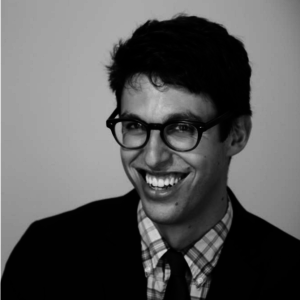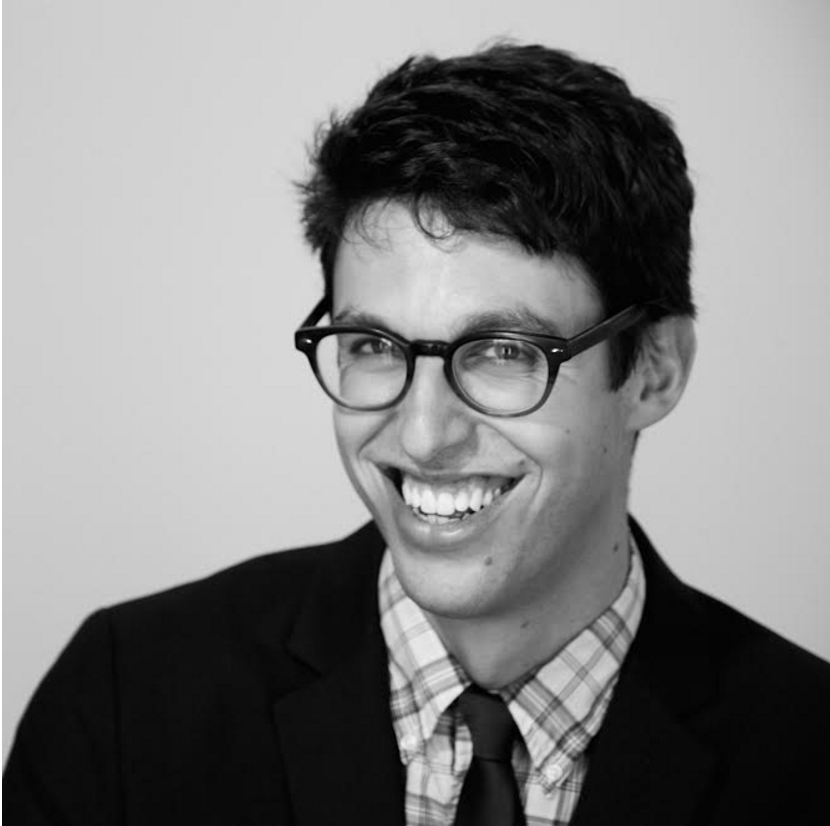In this edition of Glam Grads, The Daily talked with musicology Ph.D. candidate Nathaniel Sloan, who is also a Geballe Dissertation Fellow at the Stanford Humanities Center. We asked him about writing for musicals and films, producing a music podcast and teaching music. Sloan attended Brown University for his undergraduate degree in music and has taught music theory, jazz history and music history at Stanford Summer Institutes as well as at the California Jazz Conservatory.
The Stanford Daily (TSD): What led you to study music?
Nathaniel Sloan (NS): I came from a very musical household. My dad was a huge jazz fan, and I grew up in New York City, which meant I was able to go to hear the best music in the world from classical to jazz and back. I played music all through middle school and high school, played piano, discovered jazz piano. I was obsessed with jazz.

When I went to college, I continued to play music, but I realized I didn’t want that to be my career. And so I pursued some other fields, and then eventually I ended up taking a musicology class, a music history course. And that was an eye-opening experience for me, and I thought “Maybe I don’t want to be a musician, but this is actually where I belong, in this kind of a world between music and letters, writing about music, analyzing music, decoding music, understanding the social context of music.” That really stimulated me. And then I guess at the end of college, I taught my first class as a teaching assistant, and the professor was sick and I sort of taught one class, and I [thought] “that was the most fun I’ve ever had, I want to do that more, too.”
TSD: How did you first start landing music projects and working on them?
NS: I usually just wait for the phone to ring, that’s kind of my modus operandi. I’m lucky to just in general have a network of creative people that I know or have collaborated with before … I think a lot of these projects in the arts community start with relationships and then turn into projects.
A big project that I’m going on right now is a podcast. It’s called Switched on Pop. I think if you do creative endeavors … if you start a project from a place of love, doing something because you care about it and it satisfies you and stimulates you, then usually those are the things that will have the most reward in the end.
TSD: Why did you choose pop music specifically for “Switched on Pop”?
NS: I think there’s a challenge I encounter all the time trying to teach certain musical concepts, but through material that’s really unfamiliar to most of the class. While teaching, I thought, “I want to explain this technique to you but I also need you to listen to this really unfamiliar music to understand it, and sometimes that’s very challenging.” So what if you took something that’s really familiar, that’s in our ears, took something that’s on the radio dial, that people are talking about, take Taylor Swift’s “We Are Never Ever Getting Back Together,” and then say “Check this out, there’s a harmonic shift there.” And then the students might understand it because their knowledge of that song is already kind of innate and in their blood a little bit. Pop music is the ideal platform to talk about music theory, because it’s in our ears already.
I think the corollary to that is … a musical landscape doesn’t have any hierarchy. Beethoven is no better than Taylor Swift is no better than Radiohead. Everyone’s equal, just the music is trying to accomplish different things. And, in turn, if you want to analyze those goals, then you can say, “Okay, what does the song say about us, in a larger sense as a society … maybe these songs take a national temperature in a way.”
TSD: What drew you to teach music to other people?
NS: I think that one aspect is that I like opening people’s ears. Close listening is a skill that is obviously very applicable to music. I think the way we tend to consume music is a very passive way. And our culture probably encourages that more than ever now, when music is in the background constantly. And so to be active, close listening, can be very radical in a sense, to say, “I’m going to listen deeply to this song. I’m going to listen to this song over and over again. I’m going to listen to every element of this song.” That’s something really rewarding with music, and then probably in general, too. We have sort of a crisis of not listening in our culture. We’re good at talking, we’re good at blogging and tweeting, but listening? That might be a handicap at the moment.
TSD: Is there a place that you start when writing for film?
NS: Maybe more so in short films than in documentary films, but generally you want your work to really fade into the background a little bit. If your score is drawing too much attention, that can be a problem. There are rare exceptions, if you’re Bernard Herrmann scoring the shower scene in “Psycho” or John Williams doing the “Star Wars” main theme or something, yeah then your music should stand out, but the majority of the time it should just be almost something that a viewer feels more than apprehends. So you start by creating little patterns and small little motives that you feel might be compelling without taking up too much attention. You’re just thinking about the sort of tone and texture and quality of whatever it is you’re trying to do.
TSD: Where has your focus been as of late?
NS: Writing my dissertation, which I’m going to be finishing in a month, and doing the podcast and then doing the “Gideon and Hubcap Show.” And then teaching … everything grows out of teaching, that’s the ultimate.
This transcript has been lightly condensed and edited.
Contact ZaZu Lippert at zazulippert ‘at’ gmail.com.
